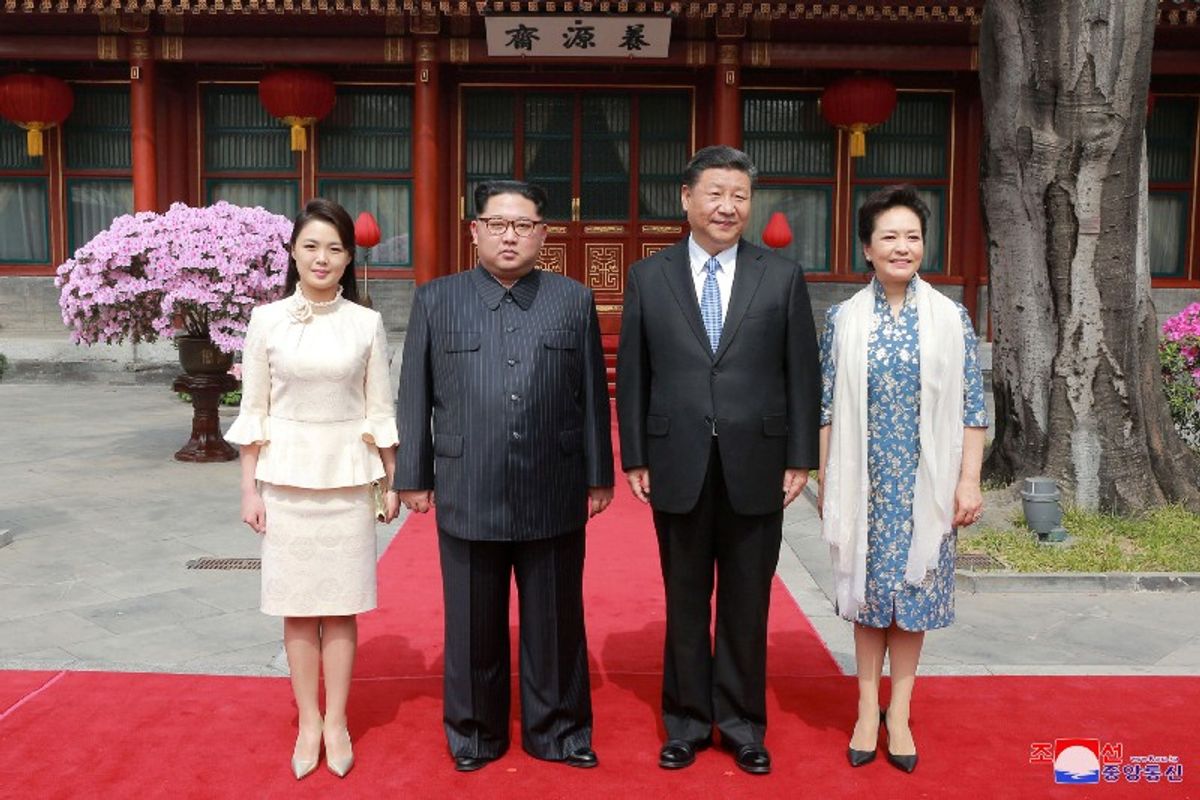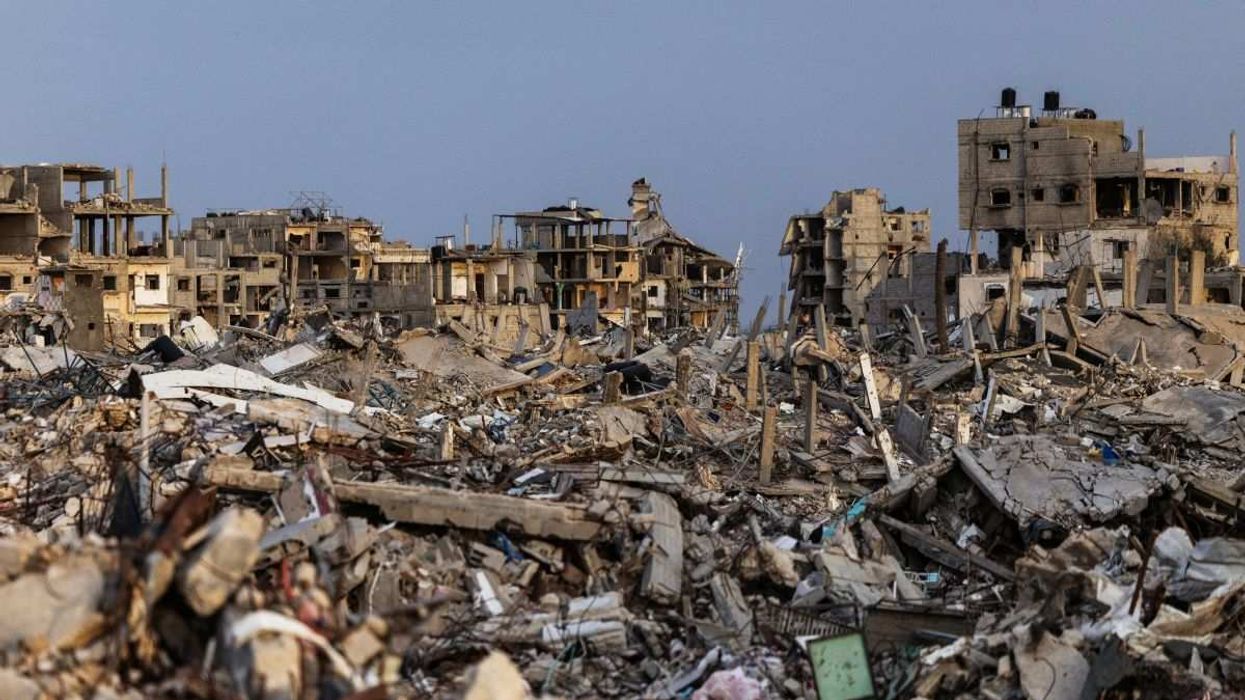On Tuesday, Alex took up the Korea question of the moment: What does Kim want? If he’ll really give up nuclear weapons without insisting that US troops head home — your Friday author remains as skeptical as ever — what’s the long-term survival plan? Alex looked at the “Castro promise”: Kim surrenders his nuclear weapons for a US pledge never to invade. But military survival is not Kim’s only challenge. How can he develop North Korea’s economy, as he says he means to do? Can he copy the China model?
In the early 1980s, China began experimenting with “special economic zones,” a few enclaves of market-driven capitalism in cities along the coast. The Chinese learned, as people do, by trial and error. Local successes expanded. The 1989 trauma in Tiananmen Square set things back, but Chinese leader Deng Xiaoping used his final days to reinvigorate reform. Here’s one measure of success: The number of Chinese living on less than two dollars per day fell from 756 million in 1990 to around just 5.5 million today, according to the World Poverty Clock.
Could North Korea walk a similar path toward similar results? Three reasons for doubt:
Something to offer: In 1980, China already had nearly 1 billion people. In China, foreign companies saw a vast army of cheap labor that could lower its production costs and an enormous potential consumer market to buy their products. North Korea is home to 25 million people. It offers little that can’t be found in many other developing countries, particularly those with higher-skilled workers and protected property rights. And times have changed. The automation of manufacturing cuts into the value that low-wage labor once offered for all poorer countries since robots work for free and don’t need breaks or benefits.
Isolation: China was never isolated to the extent North Korea is today. Is Kim ready to welcome large numbers of outsiders to interact with ordinary North Koreans and their severely distorted view of life beyond their borders? Is he ready to allow ambitious North Koreans to make money and develop connections that they could use to build independent influence within his country? How much exposure to other societies can he afford?
The downside of dynasty: Trial and error depends on a willingness to recognize errors. It’s easier for an institution as large as the Chinese Communist Party to absorb blame for setbacks. North Korea is ruled by a family dynasty with little history of acknowledging fallibility. Kim sits atop a cult of personality. When things don’t go well, he can push blame on lesser officials. But he can’t pull that off indefinitely. And who takes the blame when North Koreans become aware of the camps and famines that have killed so many?
The bottom line: Cynicism is rarely useful but, as with every other aspect of the Korea story, we remain skeptical of Kim’s willingness and ability to build a peaceful and sustainable North Korea.



















